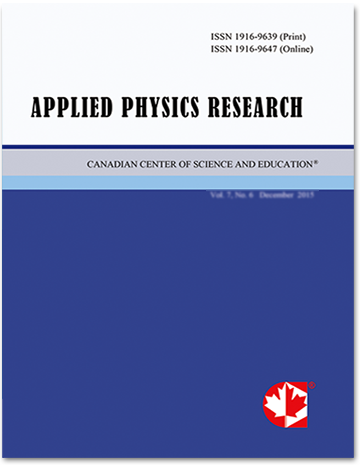Examples of Non-Constructive Proofs in Quantum Theory
- Arkady Bolotin
Abstract
Unlike mathematics, in which the notion of truth might be abstract, in physics, the emphasis must be placed on algorithmic procedures for obtaining numerical results subject to the experimental verifiability. For, a physical science is exactly that: algorithmic procedures (built on a certain mathematical formalism) for obtaining verifiable conclusions from a set of basic hypotheses. By admitting non-constructivist statements, a physical theory loses its concrete applicability and thus verifiability of its predictions. Accordingly, the requirement of constructivism must be indispensable to any physical theory. Nevertheless, in at least some physical theories, and especially in quantum mechanics, one can find examples of non-constructive statements. The present paper demonstrates a couple of such examples dealing with macroscopic quantum states (i.e., with the applicability of the standard quantum formalism to macroscopic systems). As it is shown, in these examples the proofs of the existence of macroscopic quantum states are based on logical principles allowing one to decide the truth of predicates over an infinite number of things.
- Full Text:
 PDF
PDF
- DOI:10.5539/apr.v8n1p1
Journal Metrics
Google-based Impact Factor (2017): 3.90
h-index (November 2017): 17
i10-index (November 2017): 33
h5-index (November 2017): 12
h5-median (November 2017): 19
Index
- Bibliography and Index of Geology
- Civil Engineering Abstracts
- CNKI Scholar
- CrossRef
- EBSCOhost
- Excellence in Research for Australia (ERA)
- Google Scholar
- Infotrieve
- LOCKSS
- NewJour
- Open J-Gate
- PKP Open Archives Harvester
- SHERPA/RoMEO
- Standard Periodical Directory
- Ulrich's
- Universe Digital Library
- WorldCat
Contact
- William ChenEditorial Assistant
- apr@ccsenet.org
